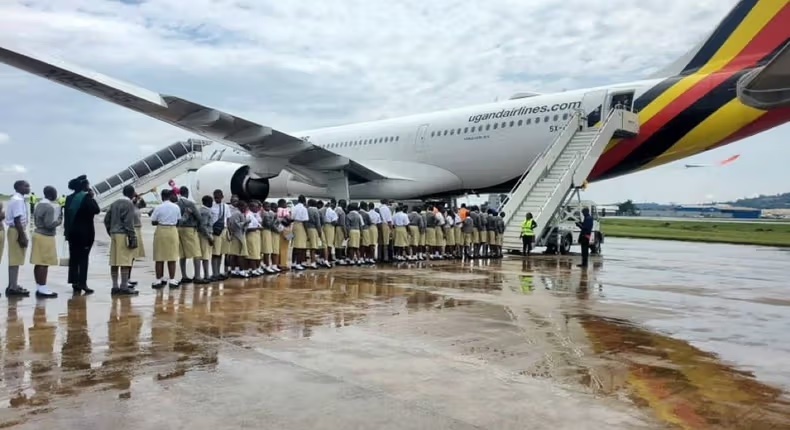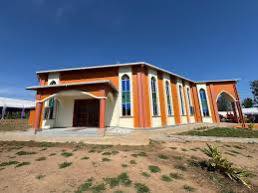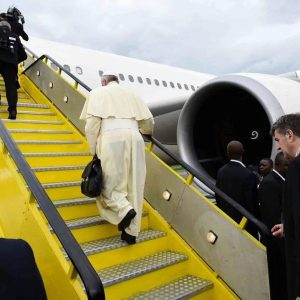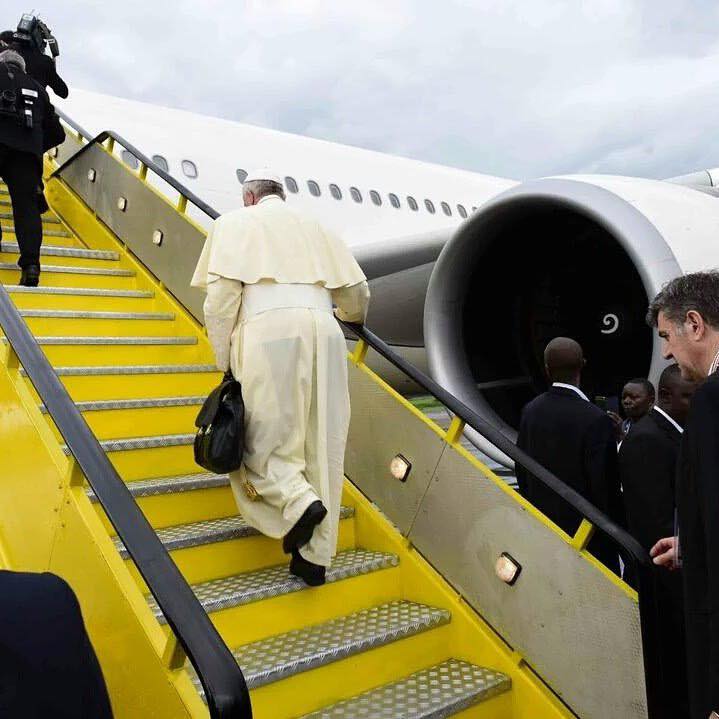By Denis Jjuuko
One night many years ago, I tried sleeping and failed. I think, like other kids, I was anxious. I kept staring in the dark, wondering when day would break. The night seemed longer than usual. Eventually, it was time to “wake up.” Time to dress up and embark on this dream journey that I and believe many other kids had been looking forward to.
The school had organized a tour of a few “attractions” in and around Kampala over a few days. We jumped in a Mercedes Benz bus, the size of today’s coasters, all smartly dressed and made our way to Kampala from Masaka.
Our first stop if I recall correctly was Mukwano Industries. On arrival, we were taken onto a guided tour, climbing up metal stairs to see the huge boilers that mixed liquids that turned into bar soap. Mesmerizing.
The next stops were even more interesting because at least we would be able to consume some of the products being made — soda and bread. We wondered why Mukwano didn’t give us soap, didn’t they think we also wash clothes or bathe?
Anyway, we moved on to Entebbe International Airport, climbed up to the first or second floor from where we saw planes on the tarmac. This wasn’t as exciting as the trip to the factories. I had been here before while escorting or welcoming back one of my relatives, a frequent traveler to Europe but to many other kids, this was the pinnacle of their trip. Realizing that planes are not as small as what they see when they are flying over at 30,000 feet above sea level.
We returned to tell stories to the kids who didn’t make the trip and of course our parents and guardians. I think this is one of the reasons I am a big fan of factories and seeing things being made. Although I am not overly enthusiastic about traveling, I think it is a good thing that exposes a person to the world unknown to them. I thank my parents, guardians or whoever paid for that trip.
Of recent, some Kampala schools have outgrown taking kids to Freedom City, Garden City and any other building bearing the word city on its façade and started organizing trips to Nairobi, Mombasa, Johannesburg, Dubai and European countries.
Last weekend, such a memo trended on social media and people wondered why should schools organize such trips. People argued that those who wouldn’t make the trip will feel left out and their mental wellbeing could be affected. That could easily be the case but there are many things that can affect a child’s mental wellbeing. A better school bag or pair of shoes or even a watch.
Regularly, my children come home and ask for certain things. Stuff they have seen with their colleagues at school or even cousins. Apple watches, tablet computers, wheelable school bags, water bottles and every little thing that catches their fancy. Sometimes on the road, whenever they see a nice car, they ask me to buy one like that. On visits to relatives or friends, they sometimes demand that I convince that aunt or uncle to sell the house to me.
Kids demand all sorts of things and schools, since they are commercial enterprises, know that many parents will not spare a coin to make their children happy. Many will borrow and forego their own happiness. Because many can’t afford and fear to disappoint their children, they want the schools to stop the trips.
That explains why parents were on social media putting pressure on schools to stop these trips. The trips are not inherently bad for those who can afford them. Most people in developing countries like Uganda dream of flying and it would expose some of the kids to working hard to afford life in the future or even build Uganda the way Dubai or Rome is built.
But parents should not put themselves under unnecessary pressure because Junior has been besieging them for a trip to Dubai or Italy. They should sit down with their children and explain to them what is possible and what is not. In many cases, the children will understand that this is not possible.
When my children ask for those unrealistic stuff like buying my friends or relatives homes or the fanciest car on the road or even Apple watches, I tell them the truth. All the times, they understand what is not possible and sooner than later, they will be demanding something else. That is how kids are wired.
Although there is no blueprint on raising children, giving them whatever they ask for is setting them up to fail in the future. Schools can go ahead and organize these trips, after all they are not mandatory, but it is also the parents’ responsibility to manage their children’s expectations.
The writer is a communication and visibility consultant. djjuuko@gmail.com









